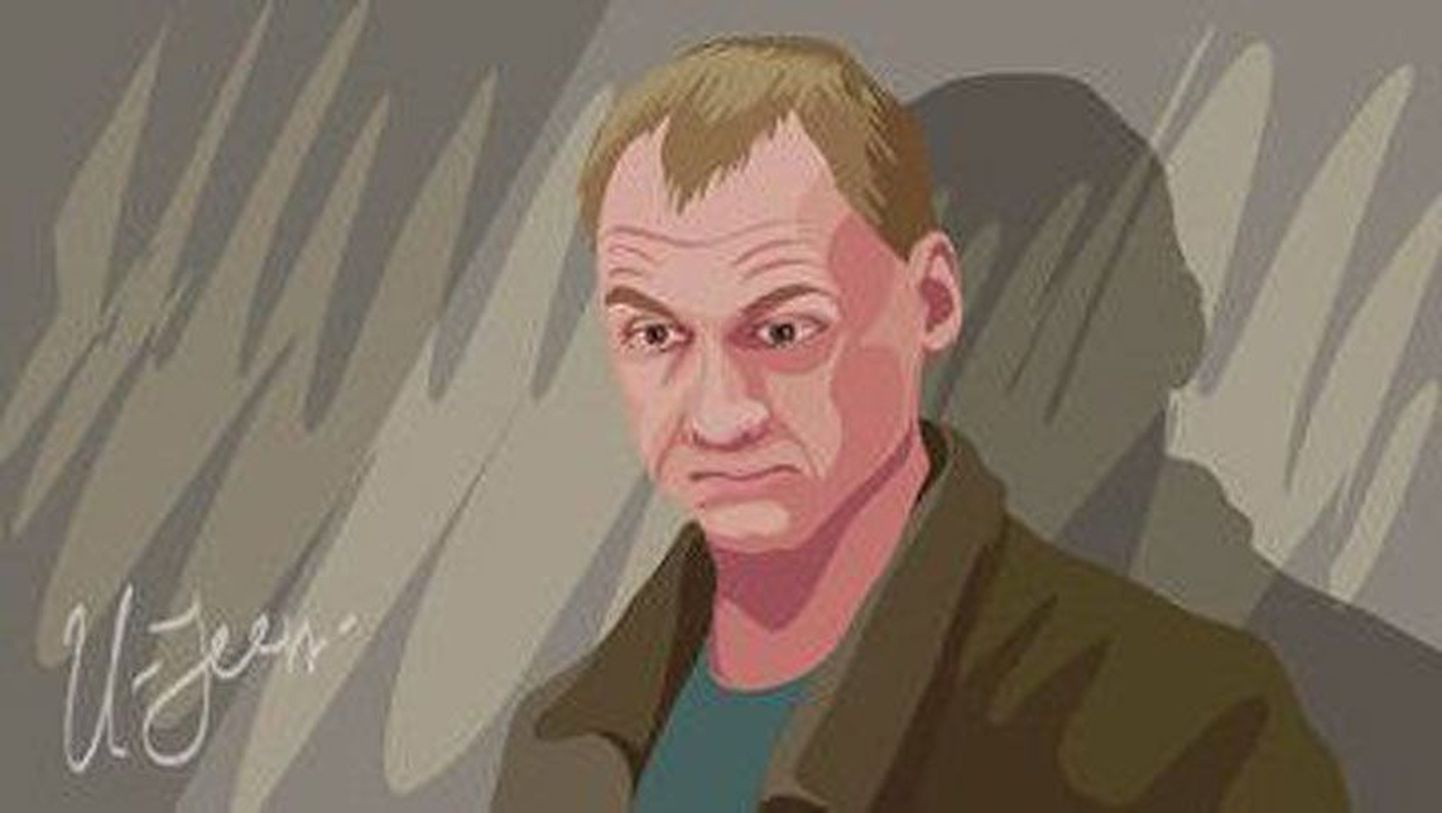In the given situation, this could be the best solution for security police officer Eston Kohver this week undergoing continuation of closed court trial in Pskov as accused in espionage.
The logic is based on the only case in Russia of basic resemblance to Mr Kohver’s where, at Russian security service FSB initiative an US citizen Edmond Pope was likewise sentenced to prison 15 years ago.
The session of Mr Kohver in Pskov was supposed to continue this Tuesday, but was postponed till today for unknown reasons. If convicted, his prison term will be 10–20 years.
It is doubtless very difficult to predict behaviour of FSB or Kremlin during the process, but when seeking for any analogy then Mr Pope’s case comes to mind, Postimees was told by a leading FSB expert among Russian journalists, Andrei Soldatov.
Mr Soldatov does not believe that once Mr Kohver is convicted, FSB would be interested in keeping him jailed in Russia long-term. Rather, thinks Mr Soldatov, FSB is seeking or will be seeking ways of handing him over to Estonia in a manner advantageous for them.
«I do not remember a single case where a foreigner convicted in espionage would have been jailed in Russia for long,» Mr Soldatov told Postimees. «They have all been swapped quickly, or released for some other reason.»
